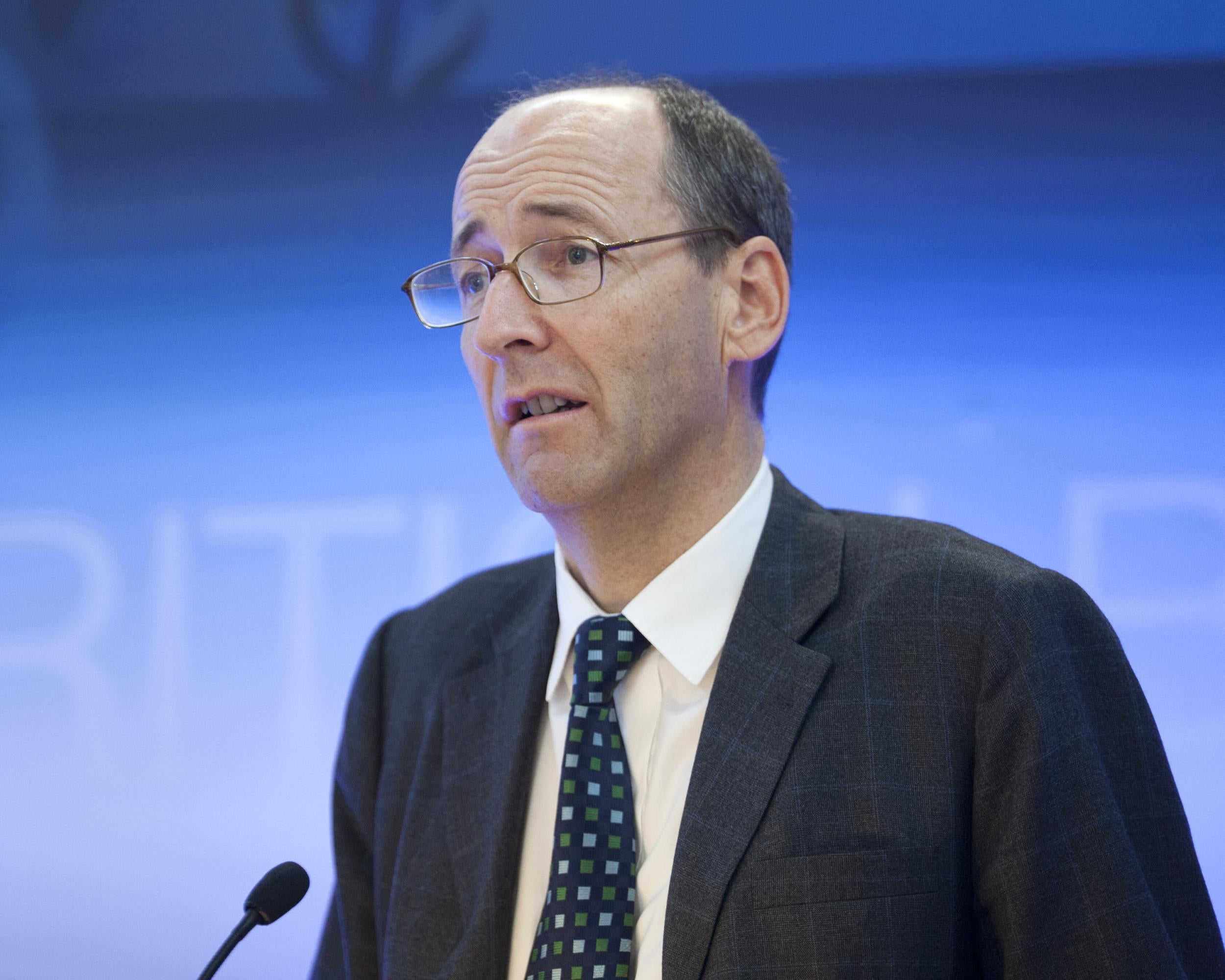UK economic policy 'based on statistics scarcely fit for purpose'
Head of Commons Treasury Select Committee warns ONS 'lacks intellectual curiosity' and is 'prone to silly mistakes'

Official statistics ministers rely on to make decisions about where to spend taxpayers’ money are “scarcely fit for purpose” and need urgent reform, the head of the Commons Treasury Select Committee has warned.
In a scathing assessment, the Conservative MP Andrew Tyrie said that the Office for National Statistics (ONS), which compiles and publishes economic data such as productivity figures, “lacked intellectual curiosity” and was “prone to silly mistakes”.
He called for a Government-commissioned review of the ONS, which is due to be published later this year, to recommend new ways of measuring economic output and “put right” the deficiencies of the organisation.
Mr Tyrie’s comments reflect a wider concern within government that the way in which the ONS measures economic performance is out of date and is failing to capture growth in areas such as the digital economy.
Critics believe that statistics showing the UK’s slow productivity growth in the aftermath of the recession may in part be down to such failures of measurement. The US, for example, which has seen higher productivity growth in recent years, measures productivity in a different way to the UK.
Last year, errors in the measurement of inflation by the ONS in the construction sector led to an upward revision of annual growth in national income, from 2.4 per cent to 2.9 per cent.
Mr Tyrie, the MP for Chichester, said he was concerned that the ONS was not doing a good enough job. “It is clear that the UK has fallen behind other countries, and that some of our statistics are scarcely fit for purpose,” he added. “The ONS has fallen a long way short, lacking intellectual curiosity, prone to silly mistakes, and unresponsive to the needs of consumers of its statistics.
“The quality of UK statistics matters a lot. Poor statistics lead to poor public policy decisions, and hold back the private sector, resulting in a loss of welfare to millions of people. What may seem recondite and dry is crucial for an advanced Western economy.”
Giving evidence to the Treasury Committee, Sir Charles Bean, a former deputy governor of the Bank of England who is leading the review into the ONS and collection of official statistics, agreed there were problems that needed to be addressed. He said some economic measurements had been devised “after the Great Depression” and urgently needed to be looked at again.
“On GDP, I certainly wouldn’t say we are best in class,” he said. “The nature of economies has been changing very markedly with the digital revolution, and it is true that the UK is behind the curve [in measuring this accurately]. We certainly could do better and we should do better.
He added that the ONS needed to shift “from a factory that processes sample surveys to something that is much more proactive about thinking about the deficiencies of its statistics”.
“The ONS has not been asking itself what do [its] statistics mean – and explaining the deficiency of statistics to users,” he said. “The ONS should be much more on the ball about thinking about where statistics are not keeping up with reality.”
When Sir Charles published the interim findings of his investigation, the statistics agency said that it was waiting for his final report and would “consider its conclusions carefully” in preparing plans for the future.
Subscribe to Independent Premium to bookmark this article
Want to bookmark your favourite articles and stories to read or reference later? Start your Independent Premium subscription today.

Join our commenting forum
Join thought-provoking conversations, follow other Independent readers and see their replies